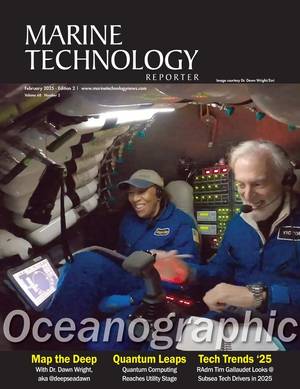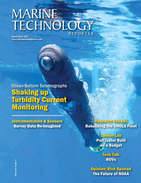RBR Opens Office in China
to share these experiences and applications with the rest of our global oceanographic community,” said Eric Siegel, Director of Sales and Marketing.The coastal city of Qingdao is the hub of oceanographic research in China and home to Ocean University of China, First Institute of Oceanography, North China Sea Branch of SOA, and the Institute of Oceanography of the Chinese Academy of Sciences.RBR China will strengthen RBR’s commitment to customer success and innovation in China by continuing collaborations with many university and government offices, making frequent customer visits, and developing
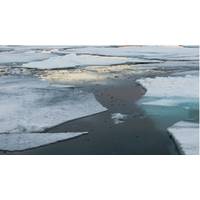
China to Industrialize Sea Ice Desalination Technology
, by industry and for drinking, according to Professor Gu Wei, head of the research team. China's sea ice desalination program started in 1996 when Shi Peijun, a professor from Beijing Normal University, realized that low saline ice could ease the water shortage around the Pan-Bohai Bay area in north China, after desalination. Source: Xinhua
China Government Approves First FLNG Project
The CNOOC Gas and Power Group, a wholly-owned subsidiary of CNOOC, China's largest offshore oil and gas producer, informs that its first floating liquified natural gas (LNG) project has gone through government approval, reports Xinhua. The floating LNG terminal project, located in north China's Tianjin Municipality, will be the first of its kind to be built in the country. Citing a CNOOC statement Xinhua reports that the company will spend 3.3 billion yuan (534.7 million U.S. dollars) to build the floating LNG terminal, which will ensure fast supplies and shorten the construction period for its
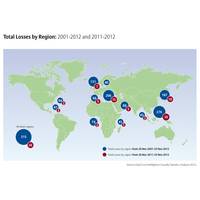
What Goes Down ...
downward trend, Allianz says that human error remains the core challenge. Twice as many shipping accidents centered on the seas around South China, Indo China, Indonesia and the Philippines. Shipping losses also occurred more often in the East Mediterranean and the Black Sea or around Japan, Korea and North China (10 losses). Other key findings of the report: Human error remains a root cause of most incidents. Fatigue, economic pressures, and inadequate training are causes for concern. New regulations focus on the problem of human error. The Maritime Labor Convention (2006) will help improve safety by

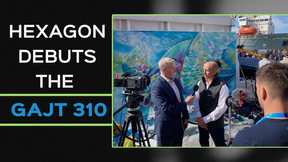
 February 2025
February 2025
